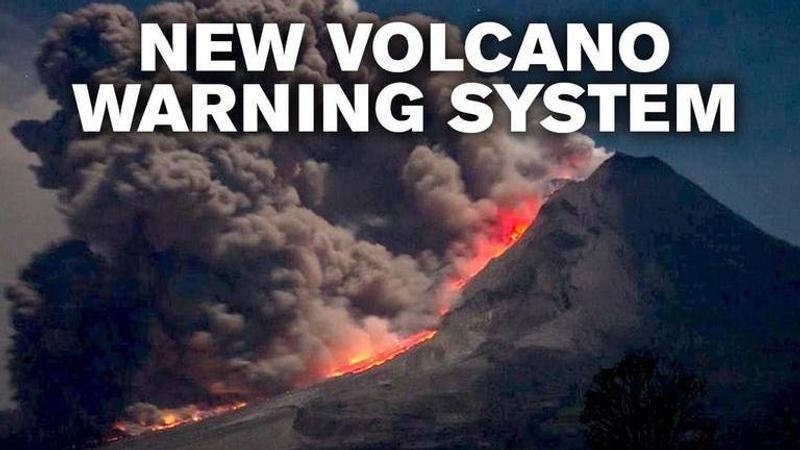Published 18:15 IST, July 20th 2020
New Zealand scientists invent volcano warning system to predict eruptions
To save the life of people from tragedies like the White Island blast which reported 21 casualties, scientists claim that they have come up with a new discovery

Advertisement
To save the life of people from tragedies like the White Island blast in 2019, which reported 21 casualties, New Zealand scientists claim that they have come up with a warning system to predict volcanic eruptions. David Dempsey and Shane Cronins, scholar of University of Auckland, claim that their research “shows patterns of seismic activity before an eruption that make advance warning possible”. They added, if their system would have been in the White Island last year, it would have raised the alert 16 hours before the deadly eruption.
Researchers talk about the invention
Nature Communications published their research work. Reports suggest that the new system uses machine learning algorithms to analyse real-time data to predict future eruptions. Shane Cronnin said that the current system was too slow to provide warnings for people who are already on the island. He added, the current system gathers information quickly but then it gets assessed by a panel, then they have an expert process. All of this absorbs time. It was good for earlier times, but not for time we are living in.
According to Dr. Cronnin, research on the new system had already begun before the White Island eruption. But when the eruption happened it motivated them to work even harder. GNS Science, New Zealand’s official volcano monitoring agency, said that the new system could be a “potentially useful addition” to its own systems but it also has its own limitations.
Nico Fournier, a researcher at GNC Science, said that the technique has been added to multiple datasets which are looked at weekly. He added that various technique developments are yet to be incorporated. There is still a high level of uncertainty.
Another researcher at GNC Science also contributed to this and said that this system has its own flaws. The system is not 100% to catch all the future eruptions. However, when it raises an alert, it does not guarantee that the eruption will happen. It is an improvement because it provides no short term warnings.
(Image Credits: Unsplash)
18:15 IST, July 20th 2020




